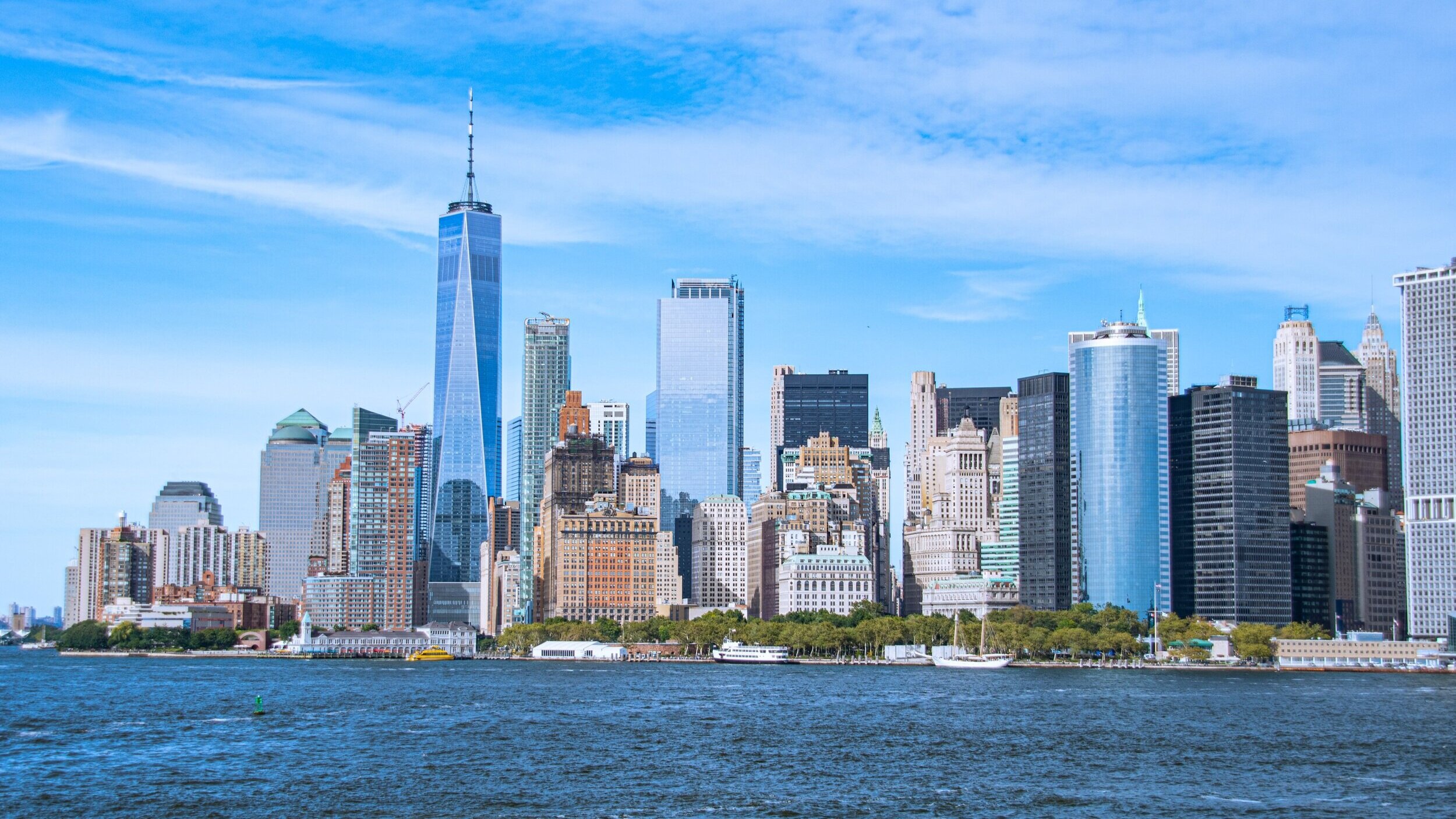UNA-NYC Summer Series Closes After 4-Part Exploration of Local and Global Food Systems
From June 10 to July 8, the United Nations Association of New York hosted a series of events preparing our membership and the general public for this fall’s UN Food Systems Summit. Distinguished speakers from around the world—the U.S., Canada, Italy, South Sudan, and Rwanda were all represented—joined us to share knowledge on sustainable eating, food waste reduction efforts, the UN’s approach to food insecurity, and more valuable information for audience members hoping to participate in the Summit.
Read on to learn about each of the sessions, which were recorded and can be viewed online.
1. The UN and Food Systems: An Overview
Our first session brought together representatives from each of the United Nations’ agencies tackling food and agriculture, which are based in Rome and known as the RBAs: the Food and Agriculture Organization (FAO), the World Food Programme (WFP), and the International Fund for Agricultural Development (IFAD). Through our panelists’ fascinating presentations, our audience gained a broad understanding of the UN’s diversified approach to strengthening food systems.
Mr. Ron Hartman, speaking for IFAD as the only panelist based in Rome, discussed how his agency leverages member states’ contributions to invest in rural people around the world; Ms. Edith Heines, who directs the WFP’s operations in Rwanda, discussed how the thousands of school meals it provides create systemic change; Mr. Meshack Malo, the FAO’s representative in South Sudan, stressed the key relationship between peace and food security.
“That fundamental relationship between peace and food security and food security and peace is important. There will never be food security without peace and also no peace without food security,” Mr. Malo emphasized in his presentation, as reported by the FAO on their website.
2. A Chef’s Day of Sustainable Eating
After a highly informative first session, our second session was hands-on. Aimée Wimbush-Bourque, the award-winning Canadian food writer and founder of Simple Bites, joined us for a 30-minute zero-waste cooking demonstration, including three different meals and lots of sustainable cooking tips. Leftover vegetable scraps became a nutritious salad; locally sourced fruit went into a delicious breakfast crisp, with the cuttings reused to make infused water.
Following the demonstration, WFP spokesperson Shaza Moghraby dug a little deeper into Wimbush-Bourque’s sustainable cooking vision and shared her own agency’s work on reducing food waste, including its global #StopTheWaste social media campaign.
“[Sustainable cooking] is not about perfection… it’s about making simple, attainable actions on a daily basis that become habits,” Wimbush-Bourque told us.
3. Reducing Food Waste in New York City
For our last two sessions, we shifted the conversation from the global to the local and took a closer look at food systems here in New York City. Our third session brought together an inspiring panel of non-profit leaders working to reduce food waste in our city: Matt Jozwiak, founder and CEO of Rethink Food, Marc de Konkoly Thege, CEO and Co-Founder of Grounded Upcycling, and Ceci Pineda, Executive Director of BK ROT.
Jozwiak—a former restaurant cook—shared his organization’s approach to tackling food insecurity through a variety of initiatives, including converting surplus food from grocery stores and restaurants into free nutritious meals; de Konkoly Thege discussed his non-profit’s strategy of finding the highest potential use for organic waste; Pineda, meanwhile, introduced the audience to their work for New York’s first bike-based organic waste collection and composting service.
“It’s coming to the point where there’s really no other option other than to be progressive about [food waste]… it’s becoming such a problem in our food system and our daily life, trash systems, sanitation, all of it… we absolutely have to change,” Matt urged.
4. A Food-Secure Future for New York City
Our final session was coordinated by our UNA-USA Emerging Leaders Fellows and rounded the Summer Series off with a broader look at food insecurity in our city. The distinguished panel was moderated by Kara Dean-Assel of NYU’s McSilver Institute and incorporated the perspective of experienced grassroots organizers, including a US congressman, on how we can build a food-secure future for New York City.
Congressman Adriano Espaillat, the US Representative for New York’s 13th congressional district, emphasized how the pandemic has exposed long-standing food insecurity in New York. Florence French Fagan, an organizer for Bread for the World, echoed Congressman Espaillat and stressed that solving root causes of food insecurity is crucial. Also participating in the panel was Zanita Tisdale, Senior Director of Member Engagement at Food Bank For New York City, meaning our participants got the chance to hear directly from the our fundraiser’s target organization about their work.
“I hope this is the type of discussion that we can take to our schools, to our churches, to our community centers… that will ultimately empower us to catapult out of this far-too-long and prolonged crisis of poverty and hunger in America,” Congressman Espaillat concluded.
With our Summer Series coming to a close, the next step is participating in the UN’s Food Systems Summit. Civic engagement and awareness is an important intended outcome of the Summit, which the UN has specifically designated a “people’s summit;” don’t miss out on the opportunity to participate in the work of the United Nations! While the Summit itself will be held in September, there will be numerous events leading up to it, including a Pre-Summit later this month in Rome. Start your participation in the Summit right away and register for the Pre-Summit here!





